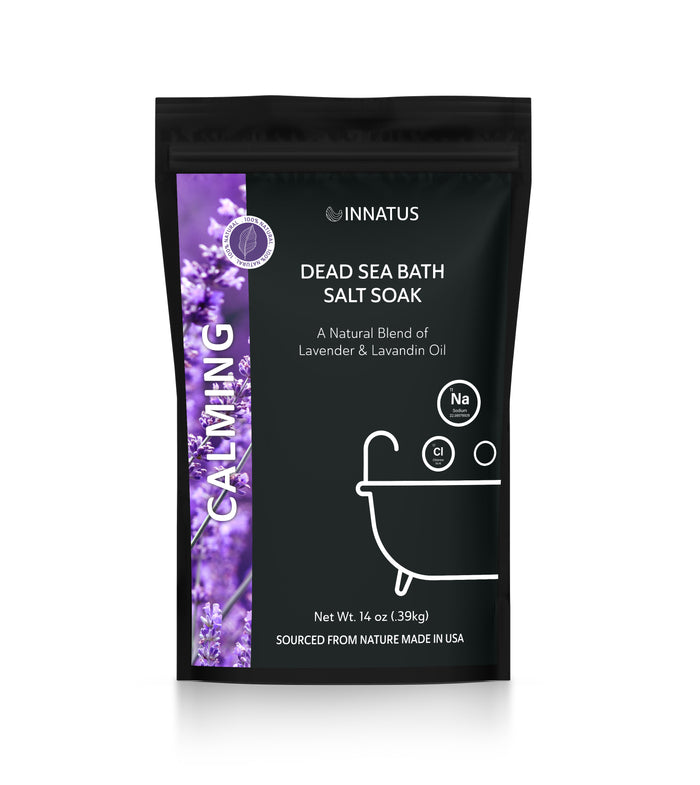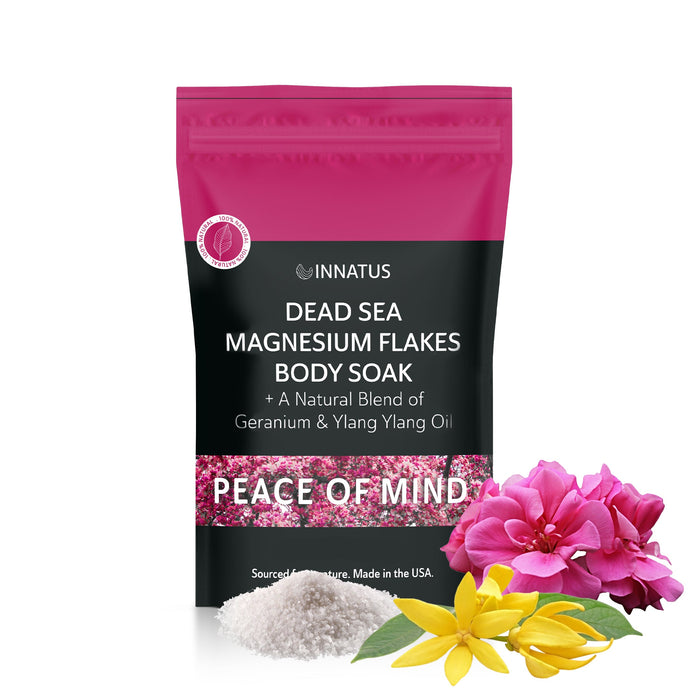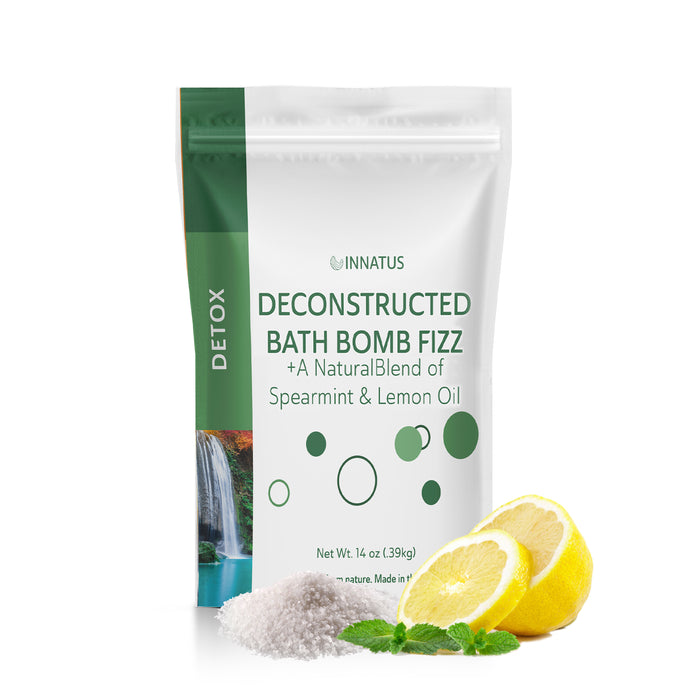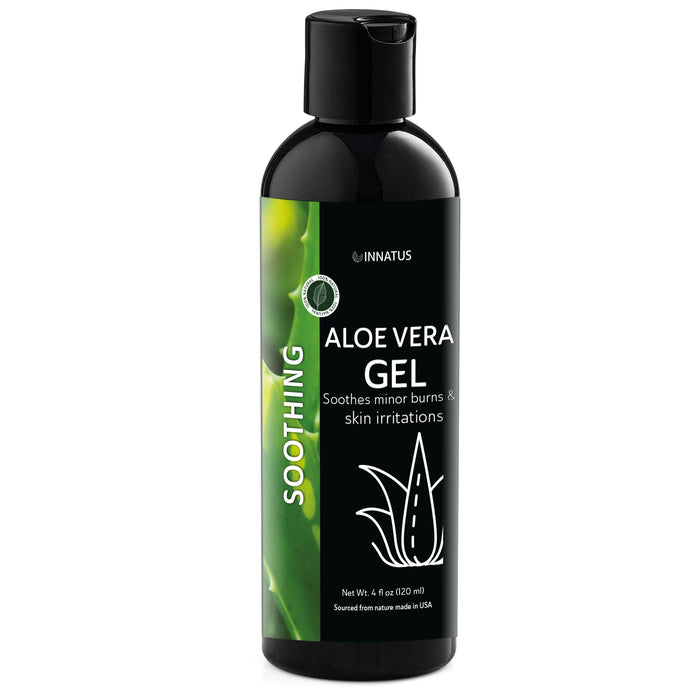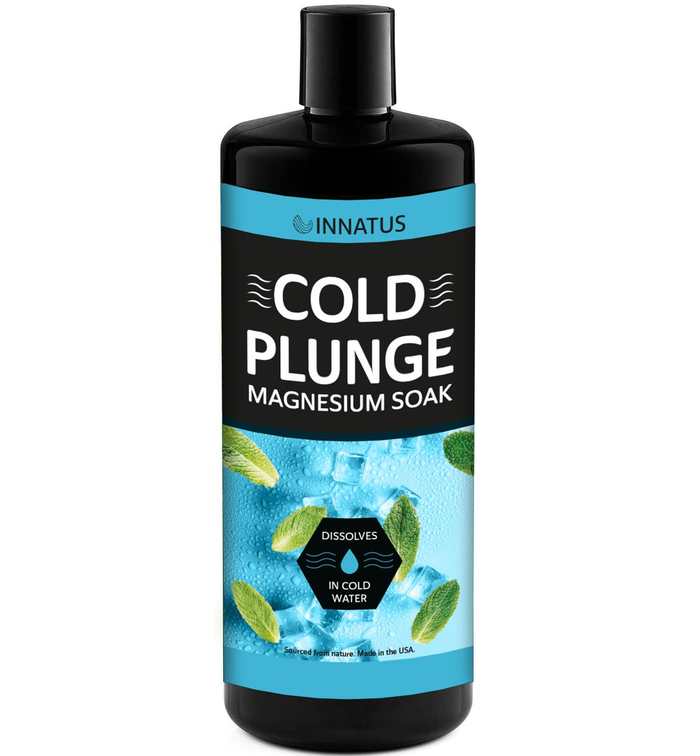Salts have been used for a variety of natural treatments for centuries. They’re revered for their ability to soothe sore muscles and help with skin conditions.
Dead Sea salt, unlike regular table salt or Epsom salt, is rich with nutrients like:
- magnesium
- calcium
- sulfur
- zinc
Dead Sea salt is rich in nutrients because sea salt products are minimally processed and are made from evaporated seawater.
The minerals in seawater, and then sea salt, may boost the salt’s effectiveness for treating eczema symptoms.
What the science says
One 2005 studyTrusted Source concluded that soaking in a bath with salt from the Dead Sea can improve your skin’s barrier strength, compared with a tap-water soak.
The study above found that topical treatments with Dead Sea salt improved moisture in the skin. After the sea salt bath, the salt also reduced:
- inflammation
- redness
- skin roughness
But for all of the proven benefits about Dead Sea salt, some research shows it might have the potential to be more effective.
A 2010 studyTrusted Source found that bathing in a Dead Sea salt solution and using ultraviolet therapy was more effective than the ultraviolet (UV) therapy alone.
Dry skin makes eczema more severe, so treatments that can replace moisture in skin are recommended. The National Eczema Association (NEA) suggests a warm bath followed by a moisturizer to help replace some of that moisture.
The NEA also suggests the following steps when using a Dead Sea salt soak:
- Follow directions on the salt product you buy to get the right solution. Typically, 1 to 2 cups of salt are used per bath.
- Pour a warm, not hot, water bath. Pour Dead Sea salt into the bath before you soak.
- Soak for 5 to 10 minutes. Soaking too long can make dry skin worse. Hot water can also irritate and dry out skin.
- Use a cleanser designed for sensitive skin. Most are free of dyes, fragrances, or exfoliating ingredients.
- Gently wash your skin, and rinse off cleansers.
- Use a towel to pat dry, not rub, your skin. This may leave your skin slightly damp.
- Apply any prescription topical medications to your skin.
- Use an approved moisturizing lotion all over your body within 3 minutes of getting out of your bath. The best lotions for people with eczema are ones with a high oil content but no fragrances or dyes.
- Give your skin several more minutes to fully absorb the medications and moisturizer before getting dressed.
The existing research does not establish an ideal frequency for a Dead Sea salt bath for eczema. However, the NEA recommends you take one bath or shower daily.
If you find the Dead Sea salt bath helpful, you can consider using it daily while symptoms are most impactful.
When symptoms are less problematic, you may not need the salt bath, but keep up with moisturizing to prevent dry skin. Dry skin can make eczema flares more severe.
Bathing at night might also be easier for you so you aren’t rushing your routine. You can also help your skin retain moisture while you sleep for better results.
In addition to Dead Sea salt, some other bath ingredients can be helpful for eczema:
-
Bath oil. These bath products can help moisturize your skin, but be sure to avoid any oils that have added fragrances or cleansers. These additional ingredients can irritate your skin.
-
Oatmeal. Colloidal oatmeal can help reduce skin irritation and itching. Oatmeal bath products are available in pharmacies, or you can make your own.
-
Salt. While Dead Sea salt is known to be useful in reducing inflammation and symptoms of eczema, table salt can also help. It doesn’t have the minerals and nutrients of Dead Sea salt, but table salt still has benefits for skin.
-
Epsom salt. Like Dead Sea salt, Epsom salt has nutrients like magnesium that are known to help inflammation and skin irritation.
-
Vinegar. Apple cider vinegar in a bath may help with a variety of skin conditions, including symptoms of eczema. It might also help clear up bacteria if you develop an infection on your skin.
Water can be both beneficial and harmful to your skin if you have eczema. Too much contact with water without moisturizing your skin can lead to dry, irritated skin.
But if you use ingredients like Dead Sea salt and oil-rich lotions, you can restore your skin’s moisture and hopefully ease — and possibly prevent — some eczema symptoms.
If you are using any prescription medicines for eczema, consider talking with your dermatologist about Dead Sea salt baths. They may have suggestions for getting the greatest benefit from this routine.
Credit from https://www.healthline.com/


